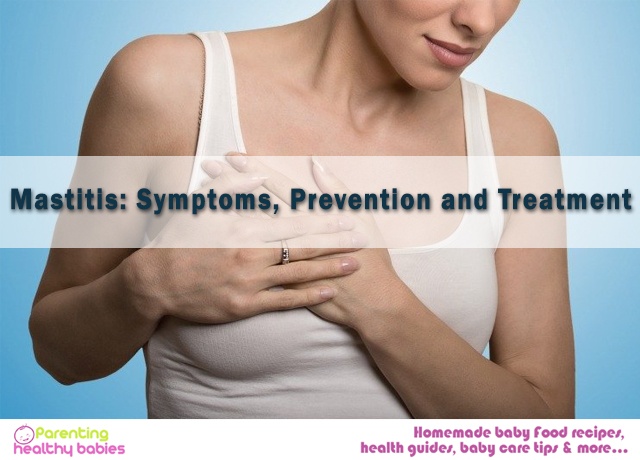For most moms and dads to be, planning the arrival of their little one is a time full of happiness and anticipation. Yet for few parents every day in the world, their lives are turned upside down due to the fact of stillbirth. Worldwide, it’s found that millions of babies are stillborn every year, with 99% of those in the still developing countries. Stillbirth is nearly 10 times more common than Sudden Infant Death Syndrome (IDS). Let’s have a look upon what is it.
Read More: Lamotrigine During Pregnancy: Is It Safe for the Baby?
Things you Need to Know about Stillbirth
What is still birth?
Medical professionals use the term stillbirth to refer to a loss of pregnancy or the loss of the unborn that takes place after the first 20 weeks of implantation but before a successful delivery of the foetus. Stillbirth is classified into 3 categories the term which respectively indicate a foetal death occurring from the weeks of 20 to 27, 28 to 36, and 37 or more early, mid and late. To reduce the risk of stillbirth, it is important for parents to learn and know about it as much as possible. Most stillbirths occur before a woman goes into labor. Some stillbirths may even happen during labor and the time of birth.
Read More: Prehypertension During Pregnancy: Is It Risky For The Baby?
What causes a stillbirth?
The cause of a stillbirth is not yet clearly known. The following are possible causes of a stillbirth to occur:
- Infections in the mother or the baby or the placenta such as cytomegalovirus and toxoplasmosis, or any sexually transmitted infection
- Complications during pregnancy such as preeclampsia, preterm labor, or trauma or any injury
- Problems with the baby such as birth defects, fetal growth restriction, or alterations in the genetic conditions
- Problems with the placenta such as formation of blood clots, swelling, or separation of the placenta from the wall of the uterus before labour.
- Problems with the umbilical cord such as a knot that prevents oxygen and blood flow to the baby and binds up around the baby
- Problems during labour and delivery that prevent blood and oxygen from reaching the baby from the placenta.
Some doctors may not be willing to discuss the possibility of their patient’s baby dying before birth with women who are experiencing a health and low risk pregnancy. While around a third of stillbirths and its reasons are not known, there are some known risk factors for stillbirth, for example bad lifestyle like passive smoking and maternal obesity. Being aware of these things may help to prevent some stillbirths from occurring.
How often does stillbirth happen?
Stillbirth is a common condition. It can happen to anyone at anyplace regardless of their social status. It mainly depends on the health. Most stillbirth cases are early and late, whereas late term stillbirths have a lower chance of occurring. A large number of cases on stillbirth show no clear fatal reason even after several autopsies were conducted by the professionals.
Read More: Masturbation During Pregnancy: Can it Harm the Baby
How can you prevent it?
There is no particular way to stop stillbirth from happening. Fortunately, you can take certain measures to lower the risk of it:
- Maintain a healthy lifestyle: this means avoiding alcohol, drugs (except for prescribed ones by the doctor), stress and junk food as much as you can.
- Monitor your baby’s heartbeat periodically by taking ultrasound tests or through devices.
- Count your baby’s kick: the baby should kick approximately 8 to 10 times or more during a span of 2 hours
- Avoid excessive consumption of fish oil and vitamins, especially vitamin A, cod liver oil
- Last but not least, contact your doctor or any health care provider immediately if you experience any abdominal pain or vaginal bleeding during pregnancy.
How do you know if your baby is stillborn?
The most common symptom of stillbirth can be seen when you stop feeling your baby’s movement and kicking. Other signs include cramps, pain or vaginal bleeding. Call your health care professional right away or go to the emergency room if you have any of these symptoms.
Your doctor will do an ultrasound to see if your baby’s heart has stopped beating or is still beating. An ultrasound uses sound waves and a computer screen to show a picture of your baby inside the womb and its movements.
How are you treated for stillbirth?
If your child is stillborn, your doctor talks with you about options for delivering the baby. Some women need to give birth immediately due to medical reasons, but it’s safe to wait until you go into labor on your own. Labor usually starts by 2 weeks after a baby is dead in the womb.
Your doctor may recommend:
- Inducing labor: This is when your doctor gives you medicine or breaks your amnion to induce your labour. Most women choose to have their doctors induce labor soon after they get to know of their baby’s death. If you don’t get into labor within or after 2 weeks, it may be needed to induce labor because there’s a small chance that you can develop dangerous blood clots and other complications.
- Dilation and evacuation: During this procedure, your surgeon dilates your cervix to remove your baby from the uterus
- Cesarean birth: This is surgery in which your doctor makes a cut in your abdomen and uterus to deliver your baby surgically.
Giving birth after still birth
Parents who have gone through a previous stillbirth might find subsequent pregnancies and birth a tough experience. But you can still give birth to a healthy baby after having delivered any still born babies in the past. You just need to be a little more careful and keeping your medical history in mind you should be under serious health supervision by your doctor to have a healthy pregnancy and deliver a healthy baby.
Read More: 31 Miscarriage Foods to Avoid During Early Pregnancy













